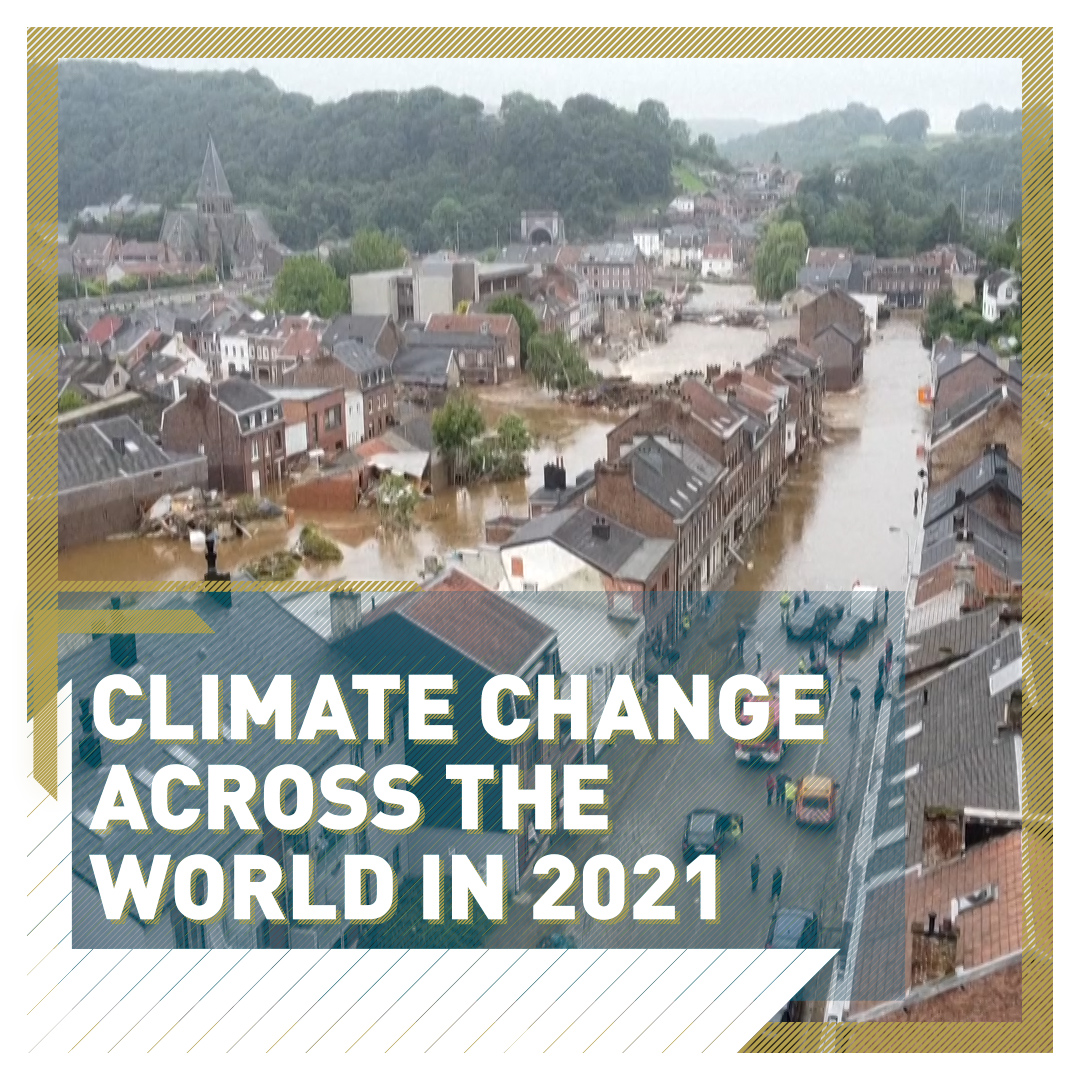Greenland's ice sheet has suffered a "massive melting event" during a heatwave in which temperatures are more than 10 degrees above seasonal norms, according to Danish researchers.
The ice sheet covering the vast Arctic territory melted by around 8.5 billion tonnes a day for three days, which is twice its normal average during summer, according to scientists at the Polar Portal website.
Temperatures of more than 20 degrees Celsius, which is more than twice the normal average summer temperature, were reported in northern Greenland by the Danish Meteorological Institute.
Nerlerit Inaat airport in the northeast of the territory also recorded temperatures of 23.4 degrees Celsius recently, which is the highest temperature recorded there since records began. As the heatwave on that particular day affected most of Greenland, the Polar Portal website reported a "massive melting event" involving enough water "to cover Florida with 2 inches [5cm] of water."

The Arctic ice sheet melted by around 8bn tonnes a day over a three-day period. /Saul Loeb/Pool Photo via AP
The Arctic ice sheet melted by around 8bn tonnes a day over a three-day period. /Saul Loeb/Pool Photo via AP
The largest melt of the Greenland ice sheet dates back to summer 2019 but the website points out that the area where melting took place this time is larger than that of two years ago.
The Greenland ice sheet is the second largest mass of freshwater ice on the planet at 1.8 million square kilometers. It is second only to Antarctica.
WATCH - CLIMATE CHANGE ACROSS THE WORLD IN 2021:
01:59

The ice sheet melting started in 1990 and has accelerated since 2000. The mass loss in recent years is approximately four times greater than it was before 2000, say researchers at Polar Portal.
At the rate at which the Greenland ice sheet is melting, ocean levels will rise between 10cm and 18cm by 2100 , or 60 percent faster than previously estimated, according to a European study published in January.
If it completely melts, the Greenland ice sheet would raise ocean levels by 6 to 7 meters.
There are also concerns that the large amount of freshwater entering the Atlantic could disrupt, or even reverse crucial currents that influence the Earth's climate.
Due to a fairly cool start to the Greenland summer, with snowfalls and rain, the retreat of the ice sheet so far in 2021 remains within the historical norm, according to Polar Portal. The melting period extends from June to early September.
Source(s): AFP

